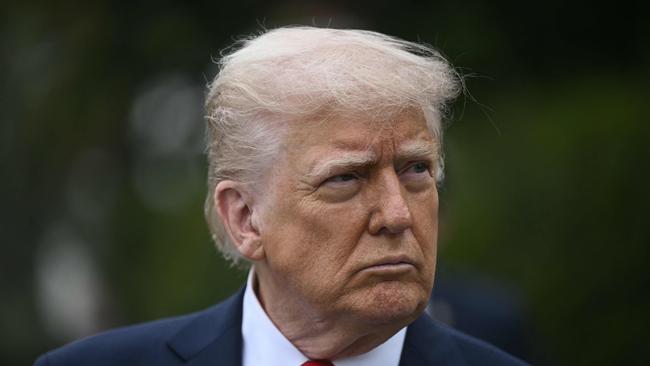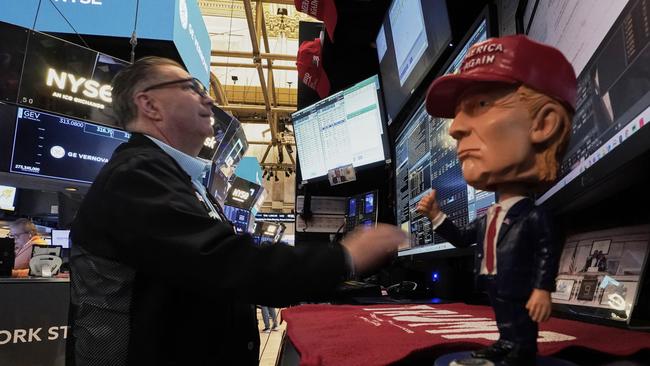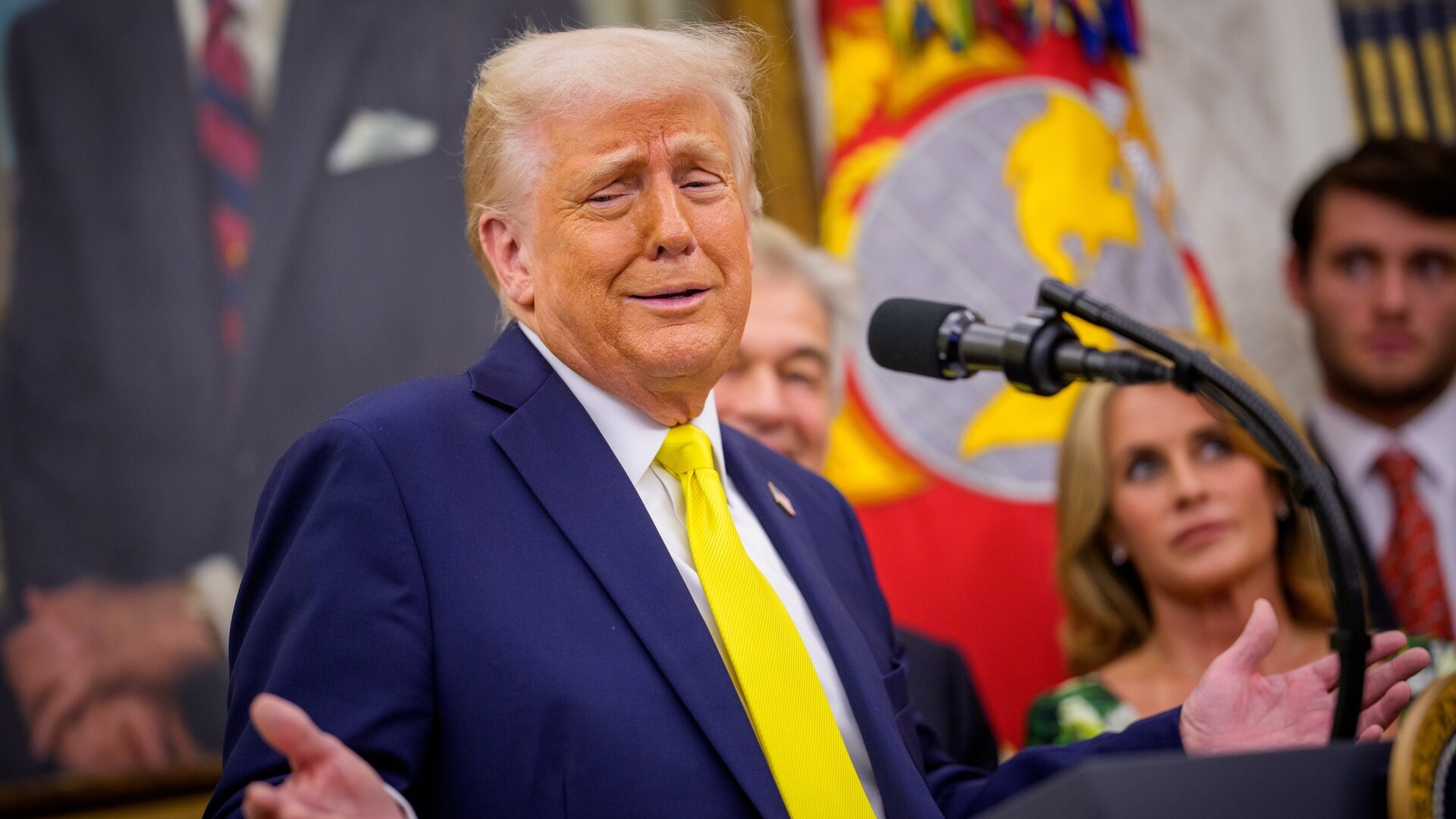Global economy set for slowdown as tariffs herald new era, IMF says
The IMF says US tariffs now exceed the highs reached during the Great Depression.

The sharp rise in tariffs since the start of the year marks the onset of a new era that will see most economies grow more slowly than previously expected, with the US suffering one of the largest hits to its prospects, the International Monetary Fund said Tuesday.
President Trump has announced a barrage of new duties on imports since taking office in January, in some cases provoking counter measures from the targeted countries. In its quarterly report on the outlook for the global economy, the IMF said US tariffs now exceed the highs reached during the Great Depression, marking a departure from the long period of relatively low barriers to trade that began to unfold after World War II.
“We’re entering a new era as the global economic system that has operated for the last 80 years is being reset,” said Pierre-Olivier Gourinchas, the fund’s economic counsellor.
The IMF said the immediate impact of the rise in tariffs will be to slow economies around the world. It lowered its forecast for global economic growth this year to 2.8 per cent from 3.3 per cent, a downgrade that is slightly larger than that following Russia’s invasion of Ukraine in early 2022. For 2026, it now sees global growth of 3 per cent, down from 3.3 per cent previously.
Mexico is set to suffer the largest reversal of the big economies for which the IMF provides forecasts, and is now expected to see its economy contract by 0.3 per cent in 2025, having previously been on course for an expansion of 1.4 per cent.

The US economy is also expected to suffer significant damage, with growth in 2025 now forecast at 1.8 per cent, down from 2.7 per cent when the fund’s last forecasts were published in January. A further slowdown to 1.7 per cent is expected for 2026, with the IMF having previously forecast an expansion of 2.1 per cent.
Gourinchas said the probability of a recession in the US has risen, but it remains an unlikely outcome.
“We have a US economy that is coming from a position of strength,” he said. “We have a labour market that is still very robust.”
The Chinese economy is likely to suffer from higher tariffs, although to a lesser extent. The fund cut its growth forecasts for this year and next to 4 per cent from 4.6 per cent and 4.5 per cent respectively. It projects an even more modest setback for the eurozone, with growth this year now seen at 0.8 per cent, having been forecast at 1 per cent.
The Trump administration has said that higher tariffs will prove to be beneficial for the US economy over time, since they will encourage a revival in manufacturing and the return of some factory jobs.
But while Gourinchas said that there is some merit to the grievances of those who regret the loss of factory employment, globalisation wasn’t the main cause and higher tariffs aren’t a remedy.
“The deeper force behind this decline is technological progress and automation,” he wrote. “Both forces are ultimately beneficial but can be very disruptive to individuals and communities.”

Beyond 2026, the IMF expects the impact of tariffs to continue to be negative for the US as newly protected businesses face fewer challengers and less pressure to improve their products.
The IMF’s forecasts are based on tariffs as announced through April 2, when Trump unveiled higher duties on almost all of America’s trade partners. Many of those increases were then suspended for 90 days, but the fund said that is unlikely to ease the global impact, since tariffs on China subsequently rose sharply, as did that country’s duties on imports from the US.
The IMF also raised its forecast for global inflation, albeit very slightly. The US was one of the main exceptions, with the inflation rate now expected to be 1 percentage point higher than anticipated this year.
That likely increase in inflationary pressures has made the Federal Reserve wary of cutting its key interest rate too quickly, drawing criticism from Trump. The IMF said central banks should be left to make interest-rate decisions without pressure from politicians.
“Monetary policy credibility will be important in all cases, and central bank independence remains a cornerstone,” Gourinchas wrote.
The fund warned that a further increase in tariffs would lead to even slower growth than forecast, as could a less stable and sound financial system in the wake of big falls in equity and bond prices in the wake of the April 2 tariff announcements.
It also warned that the new era into which the global economy appears to be shifting could see a less central role for the US dollar.
“The US dollar would typically be expected to appreciate if financial conditions deteriorate sharply, but the international monetary system could experience a sudden reset, with potentially major implications for the dollar as its main pillar,” the IMF said.
Wall Street Journal





To join the conversation, please log in. Don't have an account? Register
Join the conversation, you are commenting as Logout